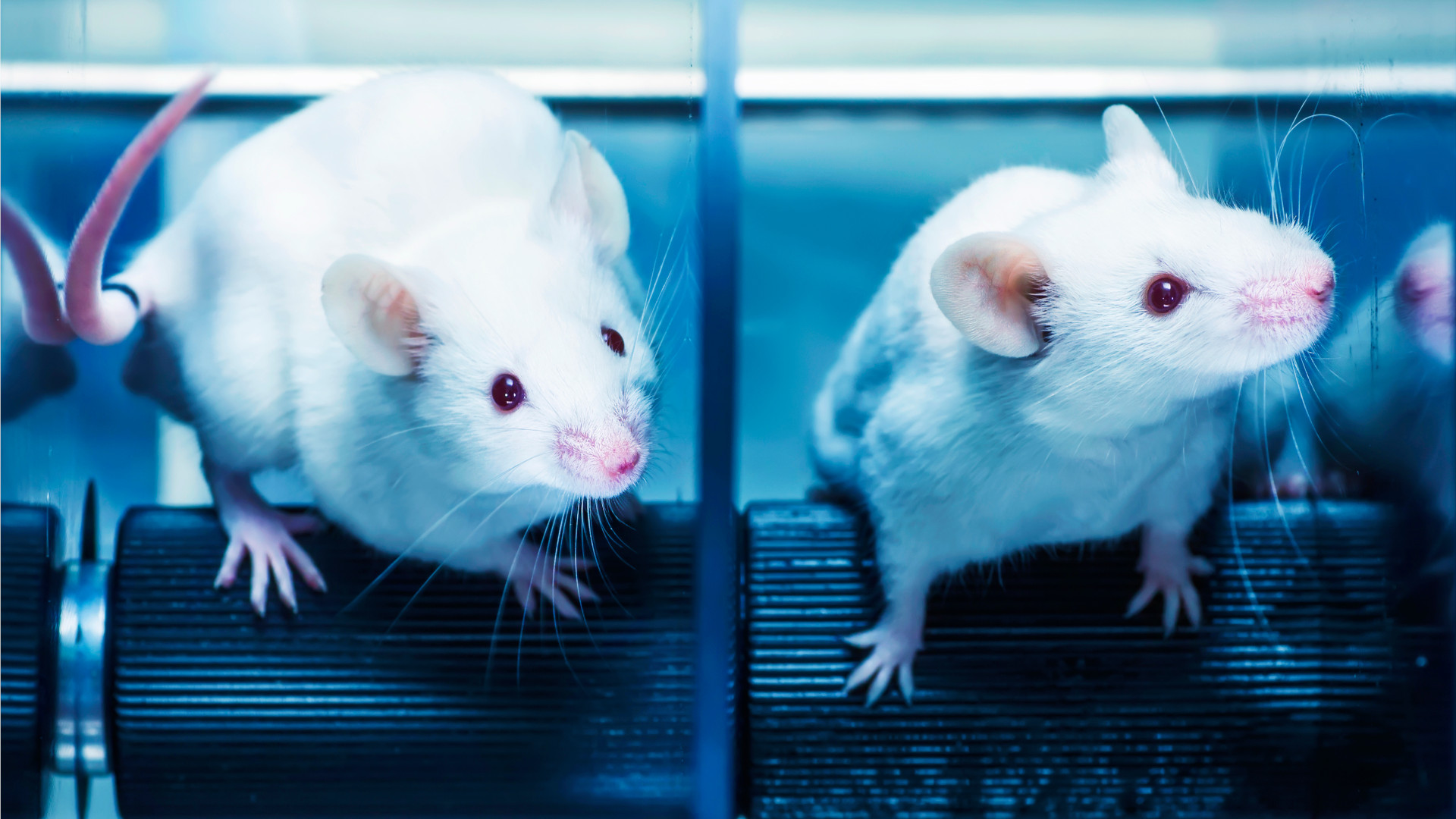Physicians Committee and 324 Physicians and Scientists Ask New NIH Director: Stop Using Animals

On April 3, 324 scientists, physicians, and other health professionals joined the Physicians Committee in sending a letter to the new National Institutes of Health (NIH) Director, Dr. Jayanta Bhattacharya, asking him to lead the agency in the important shift away from the use of animals in medical research.
The letter requests that Director Bhattacharya shi ft support toward human-specific, nonanimal research methods. It also requests that the agency immediately cut funding to particularly egregious animal experiments, including its support for the seven National Primate Research Centers, and to implement policies to better track the amount of funds spent on animal research and the number of animals used.
On March 25, the Senate approved Dr. Bhattacharya as the 18th Director of the NIH. He will now oversee the world’s largest funder of medical research. In the leadup to his new role, Dr. Bhattacharya highlighted the need for innovative and reliable medical research. As our letter highlights, human-based science is the best way to achieve this.
There is ample evidence that animal experiments are poorly representative of human health and disease and rarely predictive of drug efficacy, safety, and toxicity in humans. Despite this, approximately half of the research projects NIH funds use animals, resulting in more than 100 million animals being bred, experimented on, and/or killed in the U.S. laboratories each year. Human-specific, nonanimal methods like organ chips, organoids, and bioprinting reliably replicate human biology and are already being used to replace animals in a variety of applications, including disease modeling, precision medicine, and regulatory toxicology.
Investing in Innovative Nonanimal Research
The letter asks Director Bhattacharya to shift current NIH support for animal experiments toward the broader development, validation, and use of superior, innovative human- specific, nonanimal methods. Investing in training, infrastructure, and broader programs for these approaches is also crucial to overcome sc ience’s current reliance on animals. To further accelerate the use of nonanimal methods, the letter asks for expanded resources for the National Toxicology Program Interagency Center for the Evaluation of Alternative Toxicological Methods. This important program has made vital advancements toward the validation of nonanimal research and testing methods across agencies.
Cutting Animal Experiments—Especially Primate Research Centers
In line with a public comment the Physicians Committee submitted to an NIH advisory council earlier this year, the letter requested that support for the seven National Primate Research Centers be cut. Despite substantial evidence that research using primates is unethical, unsustainable, and poorly translational, the NIH continues to fund the primate centers rather than moving toward more informative human-centered models.
Tracking Animal Numbers and Funds
Finally, the letter requests that Director Bhattacharya implement policies to track and publicly report the number of animals used in NIH-funded projects, as well as its financial support for animal- and nonanimal-based projects. This improved transparency is crucial for public accountability and will be essential to gauge the progress of strategies to reduce and replace animal use.
The Physicians Committee looks forward to working with Director Bhattacharya to help medical research enter a new era of greater focus on human health, leaving unethical and unproductive animal experiments in the past.








